ElectionDesk Provides a Social Media Platform for Election Officials
ElectionDesk is a social media-monitoring dashboard that enables election officials to learn about problems at the polls and to respond in real time. It launched in 2012 as a part of the Voting Information Project, or VIP. During the 2012 general election, officials monitored and responded to thousands of posts from voters on Twitter, Facebook, and Google+, streamlining the feedback process. Since 2012, Engage has continued to enhance ElectionDesk’s functionality based on user feedback, and the newly released version features significant updates, including:
Expanded filtering functionality. The first version of ElectionDesk allowed users to filter posts based on a specific mile radius from their location or in their state. The next release will incorporate custom-defined areas so users can restrict the location of posts to a particular geographic boundary (e.g., district, city, county, or other boundaries) by drawing a shape directly on the map with the cursor. Users can also choose to upload their own shape files. Whether drawn or uploaded, ElectionDesk uses sophisticated algorithms to ensure that each monitored post falls within the user-defined area.
Determining the location of a post or tweet can be challenging unless the user specifies his or her position. Because of privacy settings in Facebook and Google+, neither network provides location data. A small percentage of tweets, however, are already assigned a location from GPS coordinates offered by a user. ElectionDesk can attempt to geocode a tweet—assigning latitude and longitude coordinates to address information—based on the user’s profile. If there are no matches, it can look at the time zone or locale to get a rough estimate.Multiple accounts. The next update to ElectionDesk will enable users to handle conversations using more than one Twitter, Facebook, and Google+ account, without requiring them to toggle back and forth between ElectionDesk accounts. Previously, a user could only link one account from each social network.
Research on past social media activity. The new version of ElectionDesk will support training, evaluation, and reporting by providing an interaction history that can search and filter millions of posts. And the new mapping features will make it possible to limit historic searches to specific areas.
Open source framework. In keeping with other VIP tools, the ElectionDesk platform was released under an open source license in January 2014. Any election administrator can host his or her own version of ElectionDesk without having to spend money on software. In addition, the more election offices that contribute improvements to the platform, the more versatile it will become, and every office benefits from the work. The VIP team believes ElectionDesk will be an invaluable tool for election officials interested in proactively monitoring social media and is looking forward to seeing contributions to the platform from the civic development community.
The updated tool will be available for free to election officials for the November 2014 general election.
This post was previously featured on Pew’s Election Data Dispatches. The Data Dispatches provide data, research, and analysis about election administration in the U.S.
